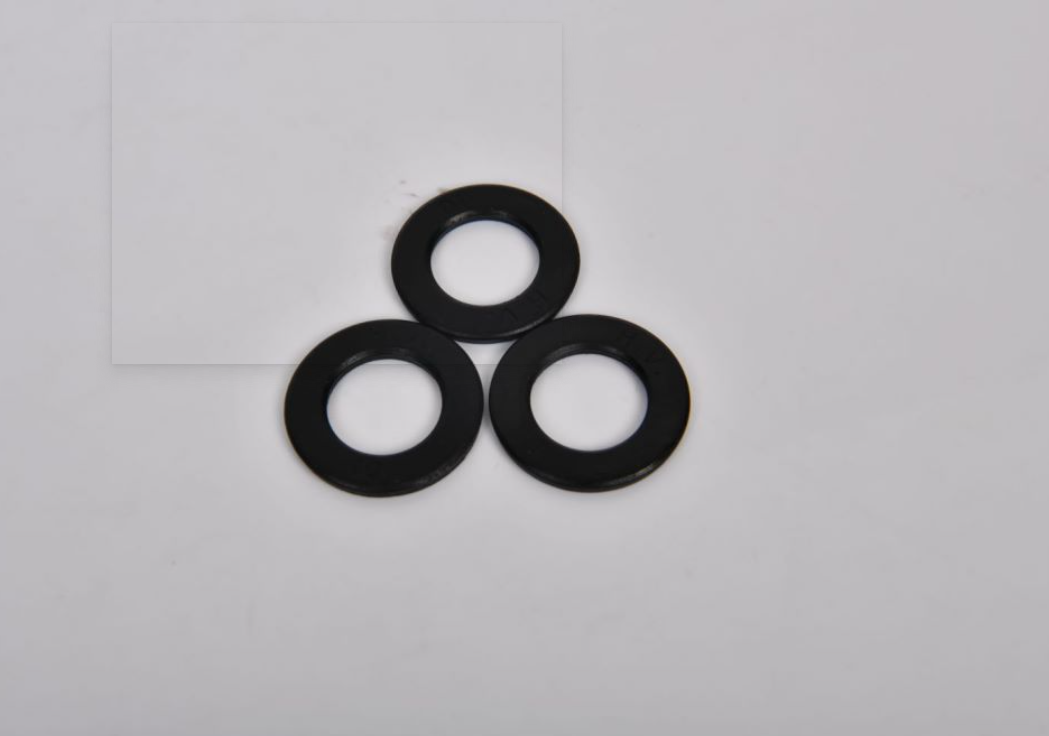Self-Tapping Screw Hole Size Guide for 1/4-20 Applications and Services
Understanding 1/4-20 Self Tapping Screw Hole Size A Comprehensive Guide
Self tapping screws are a popular choice for a wide range of applications, from woodworking to metalworking. Among the various types available, the 1/4-20 self tapping screw stands out for its versatility and strength. Understanding the appropriate hole size for these screws is crucial for achieving optimal results in any project. This article aims to provide a comprehensive look at the specifications and applications of 1/4-20 self tapping screws, along with the recommended hole sizes.
What is a 1/4-20 Self Tapping Screw?
A 1/4-20 self tapping screw is defined by its diameter and threads per inch (TPI). The 1/4 refers to the nominal diameter of the screw, which is 0.250 inches, while 20 refers to the thread count, indicating that there are 20 threads per inch. Self tapping screws are designed to create their own hole as they are driven into material, which eliminates the need for pre-drilling in many cases.
These screws typically feature a sharp point and threads that extend to the very end, allowing them to cut through materials such as wood and metal effectively
. Self tapping screws can be made from various materials, including stainless steel, which provides corrosion resistance, or carbon steel for structural applications.Importance of Proper Hole Size
Choosing the correct hole size for 1/4-20 self tapping screws is critical for ensuring a secure fit and maintaining the integrity of the materials being joined. An improperly sized hole can lead to several issues - Insufficient Grip A hole that is too large will not provide the necessary friction for the screw to hold securely, which can result in loose connections or failure under load. - Material Damage Conversely, a hole that is too small may cause material tearing or splitting when the screw is inserted, leading to compromise of structural integrity. - Increased Wear on Tools Overly tight screw fittings can cause excessive wear on screws and driving tools, increasing operational costs and maintenance efforts.
1/4-20 self tapping screw hole size service

Recommended Hole Sizes for 1/4-20 Screws
When working with 1/4-20 self tapping screws, the standard practices for determining the appropriate hole size can differ depending on the material being used. Here are some general guidelines
1. For Wood The recommended pilot hole size is typically around 5/32 inches (0.156 inches) for softwoods and can be slightly larger, such as 3/16 inches (0.187 inches), for hardwoods. This allows the screw to penetrate without excessive resistance while ensuring adequate holding power.
2. For Metal When dealing with thinner metal sheets, a smaller pilot hole size of about 7/32 inches (0.218 inches) is often sufficient. For thicker metals, it's advisable to drill a hole that matches the minor diameter of the screw threads or slightly oversized based on the specific application.
3. For Plastic A pilot hole of approximately 3/16 inches (0.187 inches) is generally recommended for plastics, particularly softer varieties. This helps avoid cracking while still providing enough grip for the self tapping screw.
Conclusion
Understanding the specifications and application of 1/4-20 self tapping screws, particularly regarding the appropriate hole size, is essential for achieving the best results in any assembly or construction project. By adhering to the recommended pilot hole sizes depending on the material, you can enhance the effectiveness of your fastening while reducing the risk of damage and failure. Always remember to consider the unique requirements of your project when selecting screws and drilling holes to ensure a secure and lasting connection.
-
Top Choices for Plasterboard FixingNewsDec.26,2024
-
The Versatility of Specialty WashersNewsDec.26,2024
-
Secure Your ProjectsNewsDec.26,2024
-
Essential Screws for Chipboard Flooring ProjectsNewsDec.26,2024
-
Choosing the Right Drywall ScrewsNewsDec.26,2024
-
Black Phosphate Screws for Superior PerformanceNewsDec.26,2024
-
The Versatile Choice of Nylon Flat Washers for Your NeedsNewsDec.18,2024










